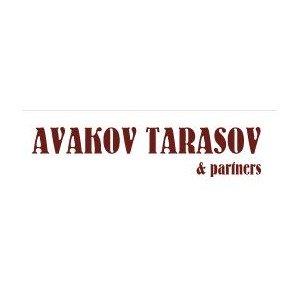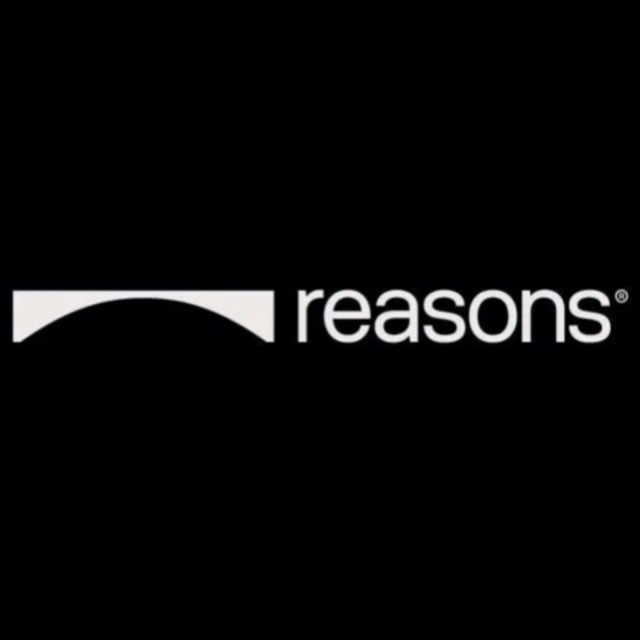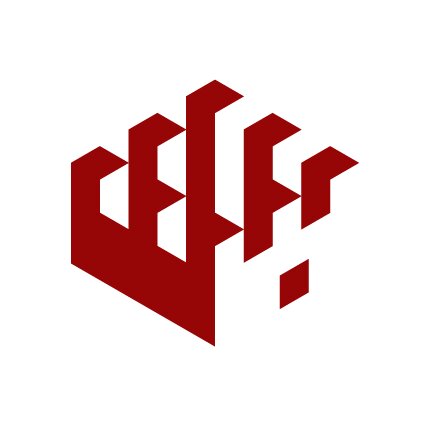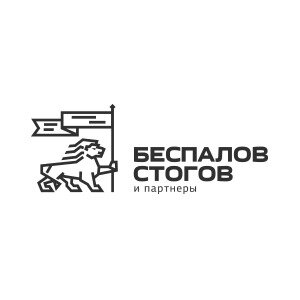Best International Trade Law Lawyers in Russia
Share your needs with us, get contacted by law firms.
Free. Takes 2 min.
Or refine your search by selecting a city:
List of the best lawyers in Russia
About International Trade Law in Russia
International Trade Law in Russia governs the rules and regulations affecting trade between Russia and other countries. This area of law involves a complex mix of domestic regulations, international treaties, and customary laws. The Russian Federation is a member of the World Trade Organization (WTO), which means that it is committed to following a variety of agreements and standards that facilitate international commerce. Russia's trade laws cover a wide array of areas including import/export controls, tariffs, trade barriers, and dispute resolution.
Why You May Need a Lawyer
There are several reasons you might require legal assistance when dealing with International Trade Law in Russia. Common situations include navigating customs regulations, dealing with tariff classifications, facing trade sanctions, addressing anti-dumping duties, and resolving trade-related disputes. Businesses may also need guidance in understanding import/export licenses and ensuring compliance with both domestic laws and international agreements.
Local Laws Overview
The key aspects of local laws relevant to International Trade Law in Russia include compliance with WTO agreements, adherence to domestic trade regulations enforced by the Federal Customs Service, and navigating bilateral and regional trade agreements. Additionally, the Federal Antimonopoly Service regulates market competition and the Ministry of Economic Development plays a role in setting trade policies. Businesses must also be aware of laws regarding trade sanctions, especially as they relate to politically sensitive regions or industries.
Frequently Asked Questions
1. What is the role of the Federal Customs Service in international trade?
The Federal Customs Service is responsible for enforcing Russia's customs regulations, collecting customs duties, and preventing smuggling and other illegal activities across the border.
2. How do trade sanctions affect international trade in Russia?
Trade sanctions, imposed by Russia or other countries, can restrict or prohibit trade in certain goods, affect investment, and require compliance with specific legal obligations. Businesses must stay updated to avoid penalties.
3. How are disputes in international trade resolved in Russia?
Disputes may be resolved through negotiations, arbitration, or litigation. Russia is a party to several international treaties that provide for arbitration, such as the New York Convention on the Recognition and Enforcement of Foreign Arbitral Awards.
4. Are there specific licenses required for importing and exporting goods?
Yes, certain goods may require specific licenses or permissions from relevant authorities. It's crucial to determine if your goods fall under such categories to ensure legal compliance.
5. What is the significance of the WTO membership for Russia?
WTO membership requires Russia to follow global trade norms, which include lowering trade barriers, addressing disputes according to established procedures, and committing to trade facilitation measures.
6. How does Russia's antitrust law affect international trade?
Antitrust laws, enforced by the Federal Antimonopoly Service, are designed to prevent anti-competitive practices and ensure fair competition in the marketplace, impacting foreign and domestic companies alike.
7. What types of tariffs are applied to imported goods?
Russia applies different types of tariffs, including ad valorem tariffs (based on the value of goods), specific tariffs (based on quantity), and compound tariffs (a combination of the two). Understanding these is crucial for cost estimation.
8. How does Russia handle intellectual property in international trade?
Russia enforces intellectual property rights as part of its trade laws. The country has adopted several international agreements to protect intellectual property across borders.
9. What should companies do to comply with trade regulations in Russia?
Companies should stay informed about regulatory changes, seek regular legal counsel, conduct internal compliance audits, and ensure proper documentation and licensing for all transactions.
10. How does one find legal representation specialized in international trade in Russia?
Seek firms with expertise in trade law, preferably with a presence in key international markets, adequate experience in dealing with Russian trade regulations, and a track record of handling cross-border transactions and disputes.
Additional Resources
For additional support, you may consider reaching out to the Russian Ministry of Economic Development, the Federal Customs Service, and the Russian Chamber of Commerce and Industry. International organizations such as the WTO and the International Chamber of Commerce (ICC) may also offer valuable resources and insights.
Next Steps
If you require legal assistance in International Trade Law, start by researching law firms specializing in this field in Russia. Prepare a summary of your issue and gather all relevant documentation. Arrange consultations with a few firms to assess their expertise and approach. It's important to choose a lawyer or firm with a strong background in international trade, a clear understanding of Russian laws, and the capability to navigate multinational agreements and regulations.
Lawzana helps you find the best lawyers and law firms in Russia through a curated and pre-screened list of qualified legal professionals. Our platform offers rankings and detailed profiles of attorneys and law firms, allowing you to compare based on practice areas, including International Trade Law, experience, and client feedback.
Each profile includes a description of the firm's areas of practice, client reviews, team members and partners, year of establishment, spoken languages, office locations, contact information, social media presence, and any published articles or resources. Most firms on our platform speak English and are experienced in both local and international legal matters.
Get a quote from top-rated law firms in Russia — quickly, securely, and without unnecessary hassle.
Disclaimer:
The information provided on this page is for general informational purposes only and does not constitute legal advice. While we strive to ensure the accuracy and relevance of the content, legal information may change over time, and interpretations of the law can vary. You should always consult with a qualified legal professional for advice specific to your situation.
We disclaim all liability for actions taken or not taken based on the content of this page. If you believe any information is incorrect or outdated, please contact us, and we will review and update it where appropriate.
Browse international trade law law firms by city in Russia
Refine your search by selecting a city.
















